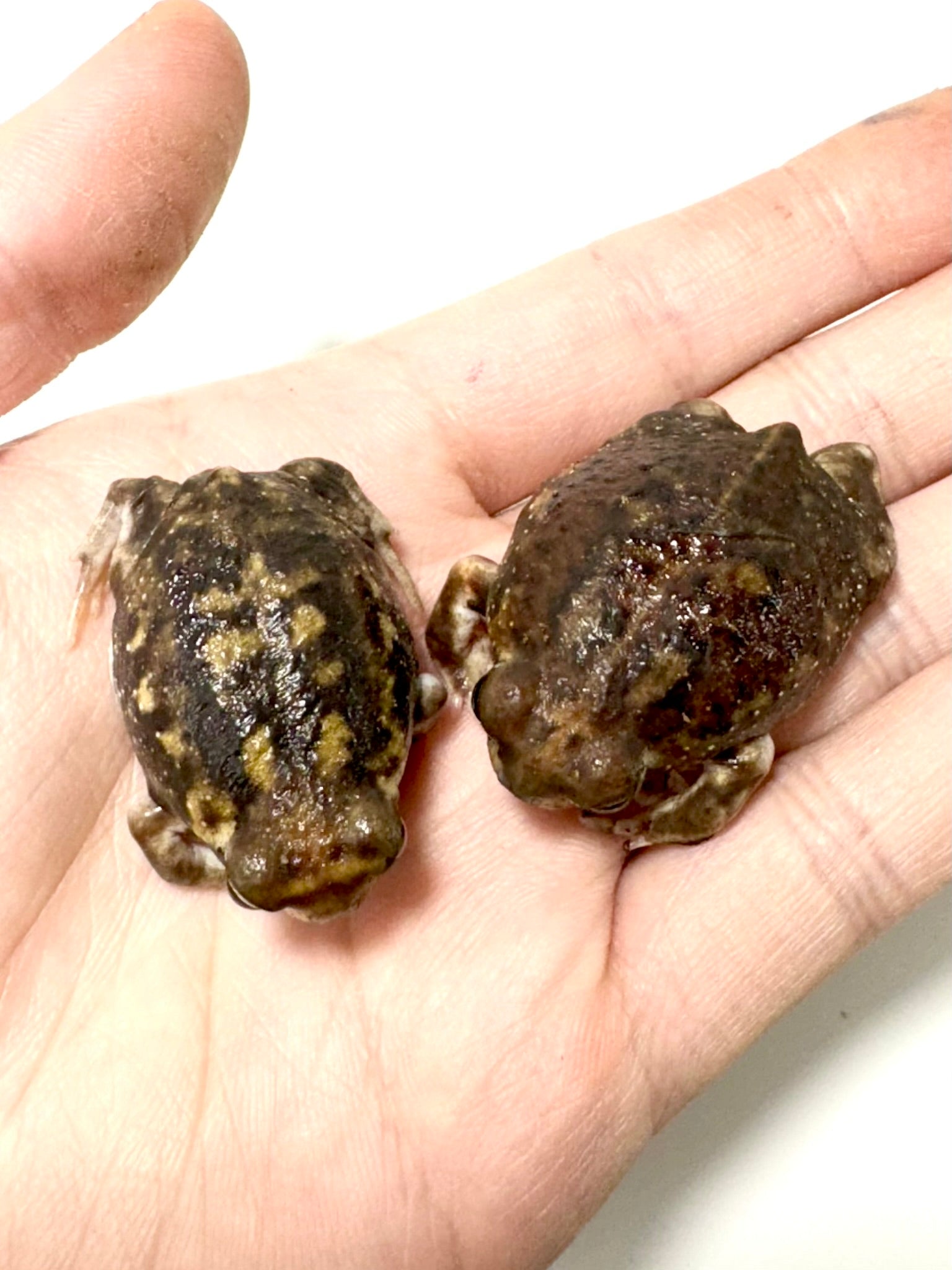Rain Frog for Sale: Boost Your Collection with Uncommon and Unique Amphibians!
Rain Frog for Sale: Boost Your Collection with Uncommon and Unique Amphibians!
Blog Article
Common Wellness Issues in Reptiles: Signs and Solutions
In the intricate world of reptile care, comprehending the typical wellness problems that might influence these one-of-a-kind animals is paramount in ensuring their well-being. Whether it's grappling with parasitical infestations, browsing dehydration worries, or addressing skin conditions that materialize in refined methods, being attuned to the symptoms and geared up with the expertise of effective services is necessary for any reptile proprietor.
Respiratory Infections
Respiratory system infections in reptiles can considerably affect their general wellness and call for punctual interest from knowledgeable veterinarians. These infections are commonly caused by fungi, microorganisms, or infections and can manifest with signs and symptoms such as hissing, nasal discharge, open-mouth breathing, and lethargy. In reptiles, respiratory infections can be particularly challenging to diagnose and deal with because of their special composition and physiology. Veterinarians frequently rely upon a mix of checkups, diagnostic imaging, and laboratory tests to precisely recognize the underlying root cause of the infection.
Treatment for respiratory infections in reptiles typically entails a mix of supportive treatment, such as maintaining correct moisture levels and temperature level slopes in the enclosure, in addition to targeted medication to address the particular microorganism in charge of the infection. It is vital for reptile owners to check their animals closely for any indications of respiratory distress and seek vet treatment at the earliest indicator of an issue. With timely treatment and appropriate therapy, lots of reptiles can recover completely from breathing infections and resume regular activities.

Metabolic Bone Condition
What variables add to the growth of Metabolic Bone Condition in reptiles?
Metabolic Bone Illness (MBD) in reptiles is largely triggered by a lack of proper calcium, phosphorus, and vitamin D3 degrees in their diet regimen. When reptiles do not receive appropriate calcium, either through their food or correct UVB direct exposure for vitamin D3 synthesis, they go to a high risk of creating MBD. Reptiles with diets low in calcium or imbalanced calcium to phosphorus ratios are especially vulnerable. Furthermore, poor direct exposure to UVB light prevents reptiles from manufacturing vitamin D3, which is vital for calcium absorption and bone health.
Various other adding variables to MBD include incorrect temperature gradients within the reptile's habitat, resulting in lowered metabolism and impaired calcium absorption. Insufficient moisture degrees can likewise influence a reptile's ability to metabolize calcium successfully. Furthermore, certain reptile types have certain nutritional demands that, otherwise fulfilled, can raise the probability of creating MBD. Routine veterinary check-ups, appropriate husbandry practices, and a balanced diet plan are vital to prevent Metabolic Bone Disease in reptiles.
Parasitical Problems
Parasitic problems position a considerable wellness risk to reptiles, influencing their overall well-being and needing timely veterinary attention. Reptiles can be affected by different parasites, consisting of termites, ticks, internal worms, and protozoa. These parasites can create a series of signs and symptoms, such as fat burning, sleepiness, skin irritability, diarrhea, and even death if left unattended.
One usual bloodsucker discovered in reptiles is the mite, which can create skin tension, anemia, and irritability. Ticks are another outside parasite that can send diseases and create pain to the reptile. Interior parasites like worms and protozoa can result in digestive system concerns, malnutrition, and compromise the reptile's immune system.
To detect a parasitical infestation, a vet may perform fecal examinations, skin scrapings, or blood tests. Therapy typically includes deworming medications, antiparasitic bathrooms, or in her latest blog serious instances, a hospital stay. Preventative measures such as normal vet check-ups, correct health, and quarantine treatments for new reptiles can help minimize the risk of parasitical problems and make sure the health of reptile pets.
Dehydration and Hydration Issues
Dehydration in reptiles can significantly influence their wellness and well-being, demanding prompt intervention and proper hydration management. If left without treatment, dehydration can lead to major health concerns and also be deadly to the reptile.
To stop dehydration, reptile proprietors need to make certain that their family pets have access to tidy water in all times. The water meal need to be large sufficient like this for the reptile to saturate in if needed, especially for types that take in water through their skin. In addition, keeping appropriate humidity degrees in the reptile's enclosure and supplying routine bathrooms can aid stop dehydration.
In cases of dehydration, it is critical to look for veterinary treatment without delay. A veterinarian may administer liquids either by mouth or via shots to rehydrate the reptile. It is vital to resolve the underlying cause of dehydration to avoid reoccurrence and make sure the reptile's general well-being.
Skin Ailments

Conclusion

Respiratory system infections in reptiles can dramatically affect their overall health and wellness and need prompt interest from skilled veterinarians (rain frog for sale). Preventative measures such as normal vet check-ups, proper hygiene, and quarantine procedures for brand-new reptiles can help decrease the risk of parasitical infestations and make certain the well-being of reptile family pets
If left neglected, dehydration can lead to significant health and wellness issues and also be deadly to the reptile.
On a regular basis inspecting your reptile for any type of adjustments in skin shade, appearance, or structure can aid in early discovery and therapy of skin ailments, promoting the general wellness and click for more info well-being of your scaly buddy. - rain frog for sale
In final thought, reptiles are vulnerable to numerous health problems such as breathing infections, metabolic bone illness, parasitical problems, dehydration, and skin ailments.
Report this page